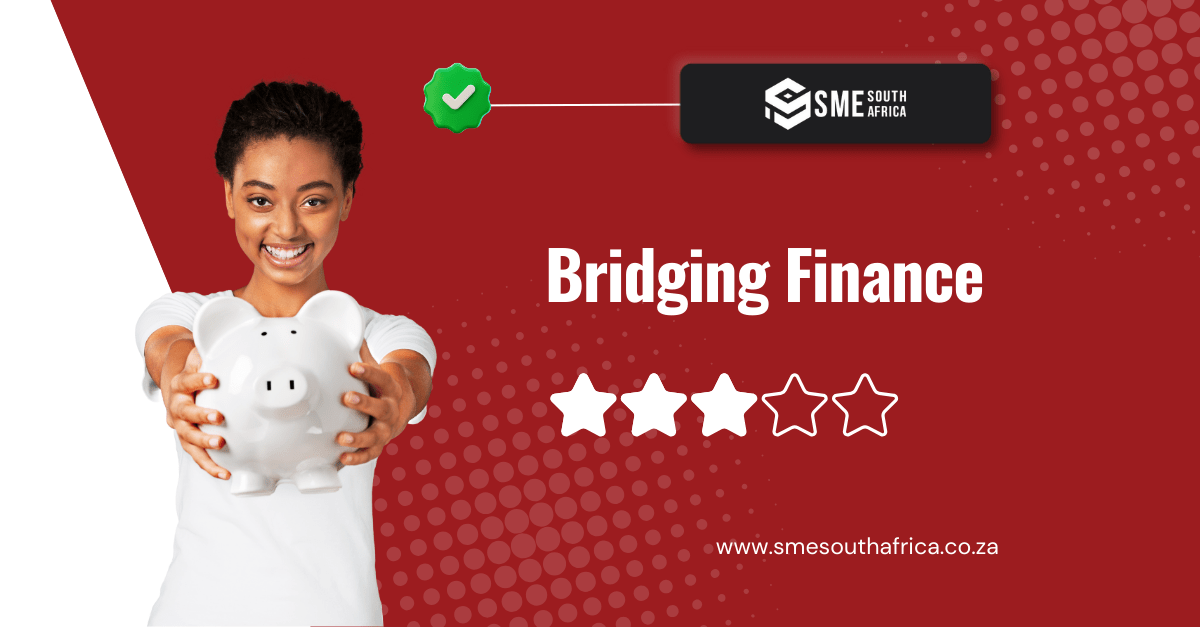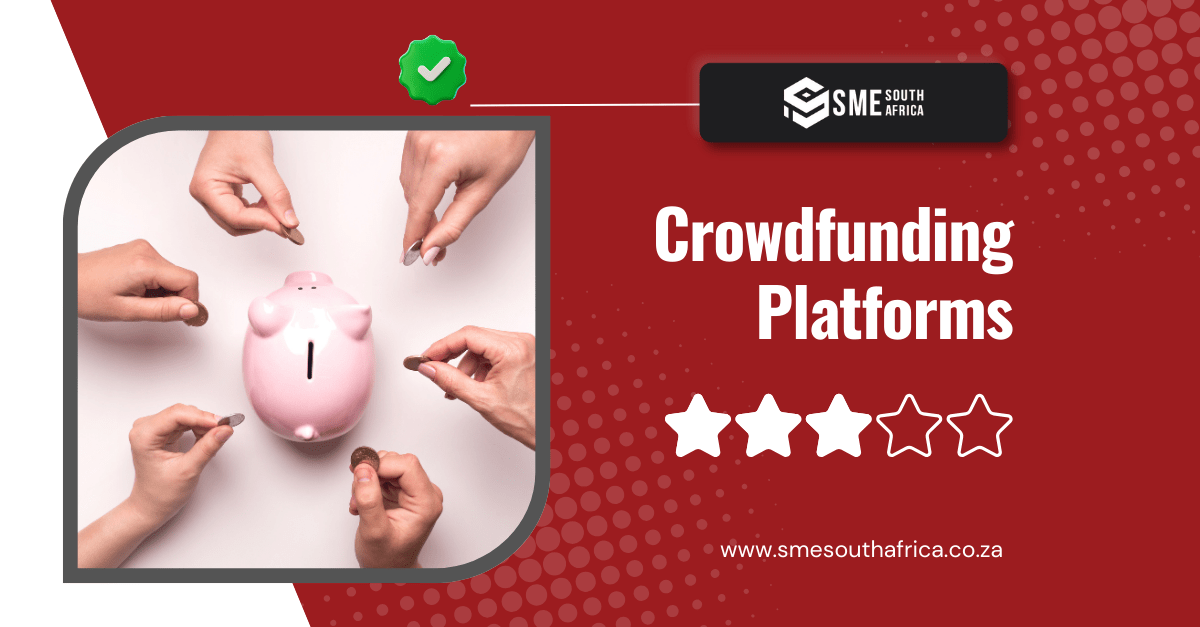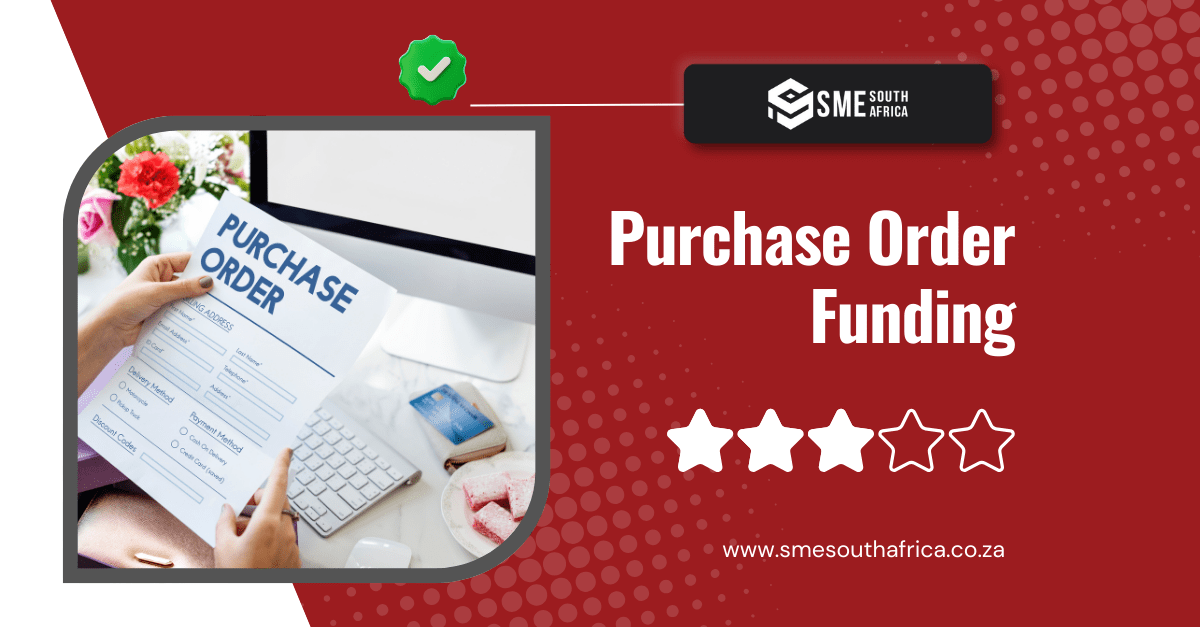
If you’re starting a new business, then securing funding is one of the first things you’ll probably need to do. Luckily, various funding solutions are available.
Before you go ahead and put your new business on your credit card, make sure you know what funding sources are out there. This will help you find the right funding with the most favourable terms.
To help you get started, here are ten of the best funding sources for entrepreneurs to consider.
Traditional Bank Loans
Possibly the most obvious way to generate funding for your small business is through a traditional bank loan.
All major banks offer business loans to entrepreneurs with solid business plans and creditworthiness. Of course, you’ll need to prove that your business is a non-risky, viable solution for banks to invest in. You’ll also have to be prepared to pay high-interest rates on your business loan.
If you do not have a good credit score, or cannot properly show the value of your business plan to the bank, then you might not be able to access this funding.
Development Finance Institutions (DFIs)
There are various organisations that exist to support small businesses and entrepreneurs in South Africa. Many of these are government-backed.
Organisations like the Industrial Development Corporation (IDC) and the Small Enterprise Finance Agency (SEFA) provide financing and support to small businesses, particularly those in priority sectors. If this is appealing, look for a DFI that matches your scenario and caters to entrepreneurs in your situation. This could be a great way to access capital as well as business development support.
Government Grants
The South African government offers various grants and incentives to support small businesses, especially in sectors like agriculture, technology, and manufacturing.
If your business matches the requirements for these grants, then this could be a viable solution for small business funding.
Angel Investors
Seek out angel investors or angel investor networks in South Africa that are willing to invest in promising startups and small businesses.
This can be an excellent way to gain large sums of capital. You can also gather valuable business support and networks when you connect with the right investor. However, pitching to angel investors can be tricky, and they may require large shares in your business.
Venture Capital
While venture capital is not as prevalent as in some other regions, there are venture capital firms in South Africa that focus on tech start-ups and high-growth companies. Most venture capital firms are focused on very specific sectors, so make sure you fall under their interests before approaching them with a pitch.
Private Equity
Some private equity firms in South Africa may be interested in investing in more established small businesses in exchange for equity. While giving up business equity isn’t always ideal, it could be a great alternative to taking out a bank loan.
Crowdfunding
It’s also possible for entrepreneurs to use local crowdfunding platforms to raise funds from a broad range of investors and backers. Just make sure you provide enough incentive for people to fund you.
Supplier Credit
Not always the most ideal way to start a business, but you could try to negotiate favourable payment terms with suppliers to improve your cash flow. This helps you obtain short-term financing through delayed payments. The downside is that you don’t get start-up capital upfront, so this won’t work if you need to make large investments to start your business.
Business Incubators and Accelerators
Joining a business incubator or accelerator program can provide access to funding, mentorship, and resources for early-stage start-ups. Consider what incubators exist in your area and for your specific industry.
Microfinance Institutions
If you can’t get a traditional bank loan, then microfinance organisations do offer small loans to micro and small businesses in South Africa, particularly those in underserved communities.
Just be cautious of high-interest rates and hidden terms in the loan agreement. This can be a convenient, but expensive, way for entrepreneurs to gain financing if they don’t require too much capital.
Always compare your options when looking for small business funding. Although you may want to get this secured quickly, choosing the right funding provider is essential, as this plays a major role in the long-term success of your business. The funding options above are suitable for all kinds of businesses and entrepreneurs. Research each one carefully to make sure you start your business with the right funding.












